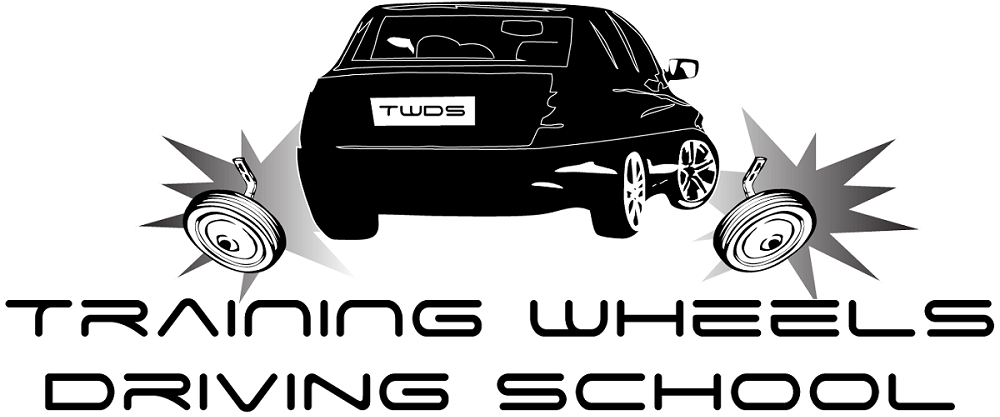Study Properly for the Written Permit Exam
Studying for the written portion of your driving test is much like taking any other exam. If you cram for it or don’t study enough, you have a better chance of failing than passing.
Don’t Cram – it doesn’t work for regular tests and it won’t work for the driving exam either.
Manage Study Time – Set aside dedicated time every day to go over the handbook. Also, break the book up into sections that can be studied at one time. Avoid going from topic to topic because it will just confuse you.
Practice Tests – taking a practice exam will alleviate some of the stress during the actual test. Online practice tests are readily available on local DMV websites.
Take Notes – when taking the practice test, keep a notepad close by so you can make notations about the sections of the test that are giving you the most problems. This will help make your studying more effective.
Rest and Eat – make sure you eating healthy and getting plenty of rest leading up to the test. Eating too much sugar can have you all jacked up and increase your anxiety level. We also don’t want you head-snapping during your driving test, so make sure you get a good night’s rest on the night of the exam.
Take the Written Test Early
Most students don’t realize they can take the written portion of driving test with their driving instructor rather than waiting until the school offers the test again (which may be months away). This is especially true for students turning 16 late in the school year or over the summer. Taking the written test with the instructor allows you to get your behind the wheel training completed sooner, which means you can be a licensed driver weeks or months ahead of everyone else.
The Driving Test
As you can imagine, getting your driver’s license after all that practice and studying is a crucial milestone in life, and it’s normal to feel anxious about it. Sure, there’s a chance you’ll walk out of the test having not passed it your first time, but all you have to do is go in as prepared as you can be. To ensure you pass your driver’s test with flying colors the first (or even second or third) time, just follow the tips below, and you’ll greatly improve your likelihood of success.
Get in a LOT of Practice
As with anything else, becoming an adequate driver requires a lot of time practicing at the wheel. There’s plenty that actual driving teaches you that you’ll never get from a book, so make sure to log in those hours of practical experience. Whether it’s with your parents or a driving school, this time behind the wheel will provide you with a much better chance of passing your test the first time around.
Know Your Vehicle
The vehicle you test with should be one you’re familiar with rather than one you’ve never used previously. You should know where all of your controls are, from the windshield wipers to the lights, to ensure you aren’t searching frantically when it rains or something similar happens. Also, the feel of a car’s gas and brake pedals can vary between vehicles, so being aware of how sensitive your car’s pedals are can keep you from accelerating or braking too slowly or aggressively.
Be Ready for Anything
Whether it’s the weather or a speeding ambulance, you need to be ready to adapt to anything and adjust accordingly. The best method for this is getting your hours of practice in and doing so in different weather conditions. Driving only on beautiful, cloudless days will work against your chances if your driving test ends up being on an overcast, rainy day.
Watch Your Driving, Not the Evaluator
While it may sound obvious, it’s very easy to be distracted by your evaluator and whatever he or she is doing. Sneaking peeks at things the instructor is writing or the expressions he or she is making is a bad idea if you want to finish the test with a driver’s license. Paying attention to your driving and the road is your best shot of ensuring the evaluator only has positive things to write down.
Avoid Tensing Up
No matter how nervous you may feel, a vital part of the driving test is staying relaxed. You need your mind to be clear, to be aware of your surroundings, and you need to be ready for anything. When you’re tense and nervous, you can’t think clearly, focus, or react accordingly. Whether it’s deep breathing, yoga, or watching a quick episode of a funny TV show, try to find something that calms you down before you get behind the wheel.
Ask Questions
It’s normal to want to look as if you know everything you need to pass the driving test, but this doesn’t mean you shouldn’t ask questions if your evaluator’s instructions aren’t clear and you need clarification. If you stay quiet, the evaluator will assume you understood his or her instructions and grade you based on that. This can cause you to lose points or even fail the test, so make sure you understand your evaluator’s directions, even if it means asking questions.
Interesting in taking the written test with a driving school instructor rather than waiting for the next scheduled test at your school? Call Training Wheels today to schedule your appointment – 609-241-0118.
Photo By NomadSoul1

